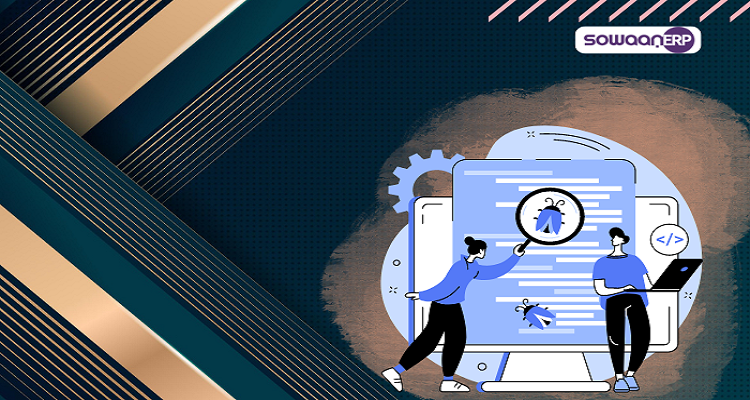
Introduction
ERP (Enterprise Resource Planning) software is essential for streamlining business operations and handling key processes in today’s digital world. But as ERP software in Saudi Arabia becomes more critical, strong security steps become even more important. Implementing reliable safety procedures protects sensitive data, reduces risks, and protects the organization’s general integrity. This piece will talk about important best practices for Enterprise Resource Planning Software in Saudi Arabia security that organizations should think about.
User Access Control
User access control is a critical part of the security of ERP software in Saudi Arabia. Businesses can restrict users to the data and features they require by setting up user roles and permissions. Strong password rules, like requiring complex passwords and changing them often, add an extra layer of security. Reviewing and changing user access rights after job changes or staff departures maintains least privilege.
Regular System Updates and Patches
For a secure setting, it is important to keep the ERP software in Saudi Arabia up to date with the latest patches and updates. When security holes or bugs are found in software, vendors often release patches to fix them. It is important to set up a way to quickly install these updates so that any known security holes can be fixed. This will lower the risk of unauthorized access or data breaches.
Data Encryption
Encrypting private data in the ERP system in Saudi Arabia is a good way to keep it from getting into the wrong hands. Encryption makes sure that even if data is stolen, it can’t be read without the key to decode it. Strong encryption algorithms and practices for data at rest and in transit add an extra layer of security, especially when data is sent over networks or kept in databases.
Regular Data Backups
Data backup is crucial for disaster preparedness and security. Recent files might help recover from a security breach or data loss. To protect data, store backups off-site or employ cloud-based backup services.
Implementing Two-Factor Authentication
Two-factor authentication (2FA) requires ERP software in Saudi Arabia users to log in with two forms of identification, adding security. Mixing a password with a mobile device or security token usually increases this. Even if a user’s password is hacked, 2FA makes it much harder for unwanted people to get into an organization’s system.
Regular Security Audits and Penetration Testing
Doing security audits and penetration testing on the Business management software in Saudi Arabia on a daily basis helps find holes and weak spots. By simulating real-world threats, organizations can find possible security flaws and fix them before bad people take advantage of them. These tests can find out how well the security controls are working, how well the system can handle threats, and what needs to be fixed.
Education and awareness for employees: Teach your workers best practices for security, like how to spot phishing attempts, make strong passwords, and spot social engineering tricks. Encourage a security-aware culture so that workers can be an active line of defense against possible threats.
However, Teaching employees how to protect data and making security a part of their daily routine is crucial to Integrated business software in Saudi Arabia security. If educated to understand social engineering, phishing, and basic password hygiene, employees can be the first line of defense against security threats. Reminding staff of their ERP security duties emphasizes how essential security is to the firm.
Conclusion
ERP software must be secure to preserve data, maintain business, and maintain an organization’s image. Businesses can reduce security breaches and unauthorized access by using user access control, regular system updates, data encryption, and employee training. ERP software security is crucial in today’s digital world. To protect sensitive data, manage risks, and safeguard operations, organizations must employ comprehensive security processes.
